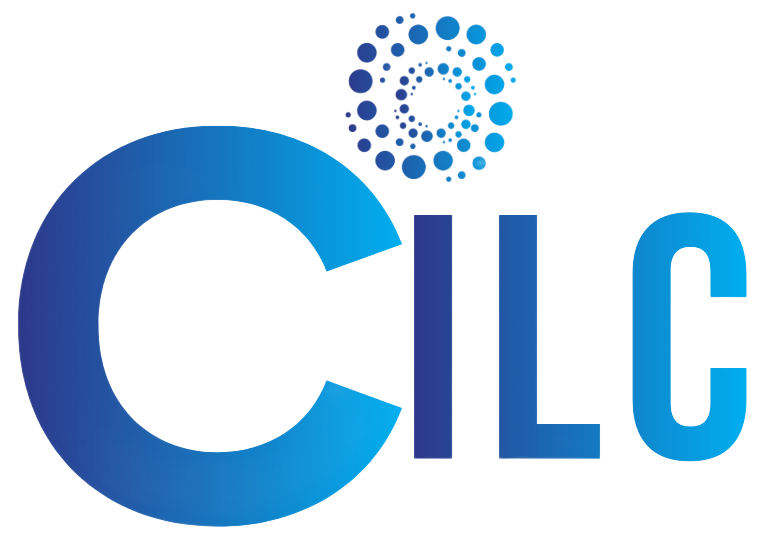Microsoft lost its copyright battle on the Windows and Office license resale
The Competition Appeal Tribunal keeps secondary markets open
The CAT ruling has substantial implications for software licensing practices in the UK and potentially broader European markets.'
The Dispute
Value Licensing (VL) operates in the business of buying and reselling pre-owned software licenses. Microsoft's position has been that the original purchaser cannot sell them on to a third party. Microsoft relied on both contractual terms (the license agreement) and copyright law (arguing resale without authorization infringes its rights) to block this secondary market.
Value Licensing argued that once Microsoft sells a copy of Windows or Office, its distribution right in that copy is "exhausted"—meaning Microsoft cannot control what happens to it afterward, including resale. This principle derives from EU law, particularly the Court of Justice's 2012 UsedSoft v Oracle decision, which established that exhaustion applies to software downloaded online, not just physical copies.
The Secondary Market Value
Secondary market licenses are significantly cheaper than buying directly from Microsoft, which threatens Microsoft's pricing power and recurring revenue model. Microsoft has historically been aggressive in shutting down resellers and warning customers against purchasing from them. More precisely, here, VL claimed that Microsoft stifled the secondary market by requiring enterprise customers migrating to Microsoft 365 subscriptions to either surrender or retain their perpetual licenses rather than reselling them.
The Decision
The CAT addressed two preliminary copyright issues that Microsoft raised as defenses.
First, it stated that, notwithstanding contractual terms prohibiting further transfer, Microsoft can no longer oppose the resale under copyright law.
Second, Microsoft argued that, even if software rights are exhausted, its copyright in artistic works embedded in Windows and Office (user interfaces, fonts, icons, help files) cannot be exhausted. In other words, a third party cannot resell Windows and Office without Microsoft's consent. The CAT rejected this argument: where works are "ancillary" or "incidental" to computer programs sold as a unified product, exhaustion applies to the whole.
Practical Implications
This is a significant victory for the secondary software market. The ruling confirms that enterprise customers can resell portions of their perpetual licenses, and that software vendors cannot use embedded artistic works to circumvent exhaustion.
Microsoft has already obtained permission to appeal the jurisdictional ruling
Different models to monetize innovations in a globalized market
The case of Japan's Shine Muscat grapes
Japan missed the international filing window for plant-variety rights on Shine Muscat. Under the UPOV system, breeders typically have four to six years from first sale to file for protection abroad. Because Japan failed to do so, the variety can be legally grown overseas, costing an estimated ¥10 billion ($65 million) annually in lost revenue.
Limited IP Solutions
Geographical Indication protections can police misuse of place-based names, but cannot prevent cultivation of the same variety under different branding elsewhere. In other words, once plant material escapes unlicensed cultivation, it proliferates regardless of Japan's preferences. Trademarks cannot help either: Japanese law explicitly bars registering plant variety names to prevent monopolization of varietal terms. With the foreign filing window closed, plant variety rights cannot be reasserted overseas, leaving Japan with limited recourse against existing unauthorized cultivation.
The Other options: Export Model and Licensing Model
The traditional export model approach is straightforward: grow premium products domestically and ship them abroad. Japan's $30 Shine Muscat grapes exemplify this—the high price reflects Japanese terroir, quality control, and brand cachet. Domestic producers understandably prefer this model because it preserves their competitive position and captures the whole value chain domestically. The goal is to capture value through scarcity and quality differentiation rather than through IP fees. The problem: perishability limits reach.
The alternative is contractual protection. Under the licensing model, Japan would authorize vetted foreign producers to cultivate its proprietary varieties under contractual terms, collect royalties, maintain quality standards, and create a year-round supply that Japanese seasons can't provide. These agreements specify quality standards the licensee must maintain, geographic or market restrictions on where the product can be sold, branding requirements, and audit rights to ensure compliance. This approach also addresses the enforcement reality: managed licensing recaptures some value from inevitable diffusion (Shine Muscat leaked abroad to China and Korea).
The Tension
Licensing may generate sustainable long-term revenue streams and brand control, but it also cultivates competitors who may eventually outcompete producers on cost. The knowledge doesn't stay contained, and domestic growers' premium positioning erodes.
Under a pure export model, any knowledge that escapes is incidental leakage rather than a deliberate revenue strategy. Japan didn't intend for Shine Muscat vines to reach Chinese and Korean growers—that was unauthorized propagation that exploited the missed UPOV filing window. The knowledge sharing happened, but Japan captured nothing from it. This is happening while food has become central to Japan's "Cool Japan" soft-power strategy, with agricultural exports explicitly listed as a pillar with 2033 expansion goals tied directly to IP policy, and Japan continues expanding mutual-recognition agreements with partners like the European Union.
Interestingly, this case mirrors debates in other IP-intensive industries. Pharmaceutical companies face similar choices about licensing generic production versus defending exclusivity. Luxury brands wrestle with whether controlled expansion causes dilution.
